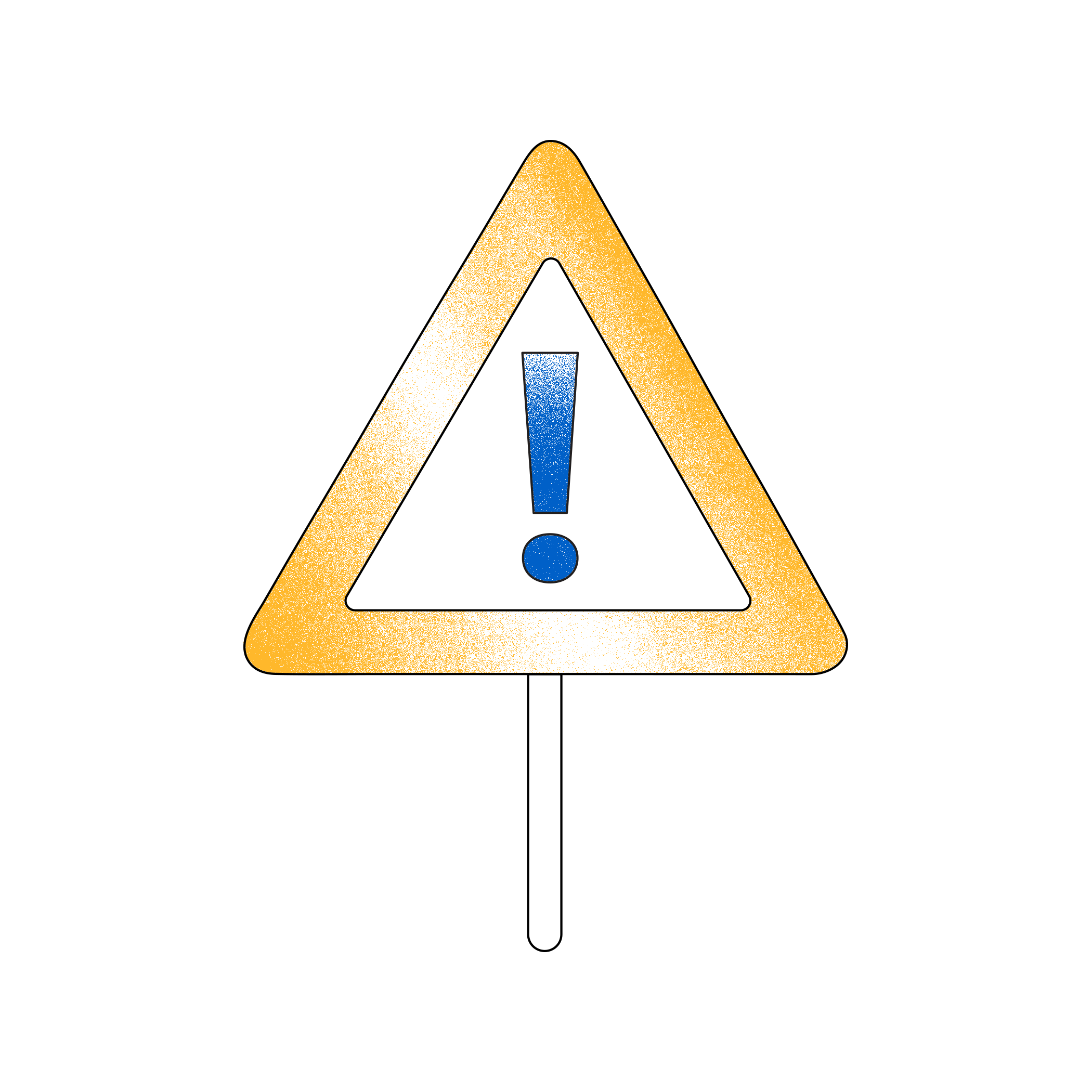Recognizing and Supporting a Struggling Student

Adolescence is a challenging time emotionally, socially, physically, and/or academically. Having a trusted adult who can pick up on signs that a young person is struggling is the first step to improved social-emotional health and wellness.
Recognizing that a Student is Struggling
These are important signs to pay attention to, because they may indicate a student needs support:
- Missed assignments and tests.
- Repeated absences, tardiness.
- Decline in academic performance.
- Reduced participation in class.
- Withdrawal from friends, family, social activities.
- Noticeable mood changes, i.e., irritability, extreme highs/lows, negative and/or emotional outbursts.
- Conflict and poor relationships with peers and/or adults.
- Physical symptoms such as complaints of headaches, stomachaches, excessive fatigue.
- Change in eating or sleeping habits.
- Cognitive changes, i.e., poor concentration, decreased focus, forgetfulness, indecisiveness.
- Decline in personal hygiene.
- Alarming or worrisome content in assignments.
How to Reach Out to a Struggling Student
Find a way to speak privately to the student, for instance after class when other students have left the classroom. Tell them what you are observing that makes you concerned about them. Ask open-ended questions about how they are doing to cultivate connections and build relationships with the student. Let them know you are here to listen and connect them to support if they need it such as a guidance counselor. Share school-based support resources and ask if they need support or help in accessing them. Report any concern that a student is at immediate risk right away.